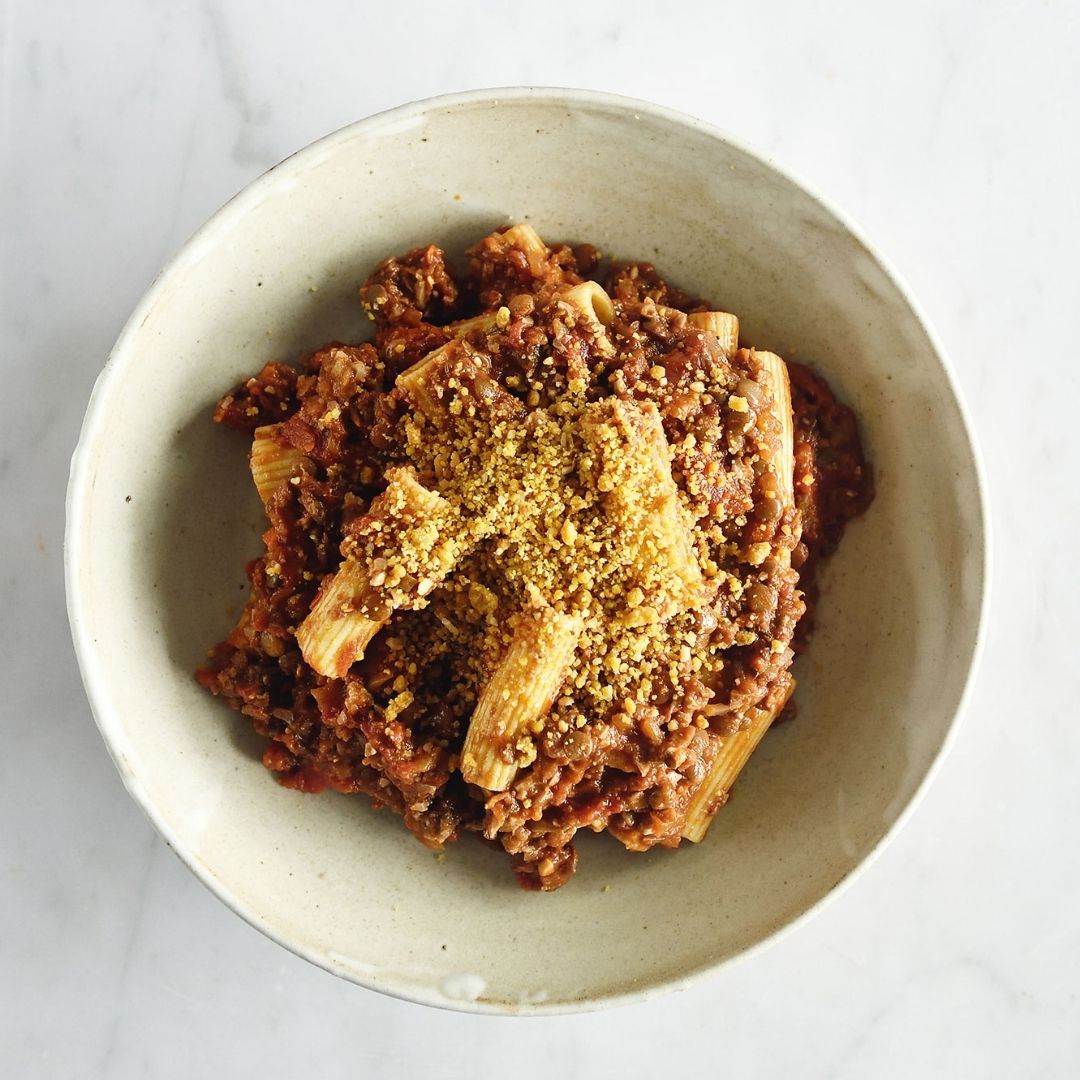
Two is too many
Share
(This is a cross-post from by our founder Sean in the recent events in the Singapore F&B scene in the last month.)
I worry that many aspiring entrepreneurs are unaware of the jeopardy they play with their mental health by signing up to run their own business.
Not only is this pertinent to the tragedy floating in the Singapore F&B scene this week, but this is now the second known example of an F&B owner (both female in this case) in Singapore in the last two months to have taken their own lives.
On one hand, these are individual tragedies, but it feels like they rhyme, where issues with work were a contributing factor.
I wanted to share two insights in the hope that they may be helpful to anyone who might read this, because the two tragedies that have occurred in the F&B scene are two too many.
First, an idea from my journey that I wish I had heard before I began.
(Actually, it was advice I heard on a podcast while I was out running, so I can’t remember the podcast or who said it, but the advice has stuck with me.)
If you’re going to start your own business, make sure it’s paying you three times what you’d be earning in your day job.
Why? An allure of running your own business is freedom. The freedom of decision making, the chance to be your own boss, and to follow your dreams.
But freedom is also in the ability to clock-off, to end your shift, to have a fixed salary. To know how much you’re going to earn in any given month. To call in sick (even when you’re not), to get leave. To quit and walk away.
If you’re wondering about starting your own business and you’re currently salaried, think carefully about how much of your business you can start on the side, and how much income you can save for when you take the plunge into entrepreneurship.
You should be setting your business a higher bar for what you expect to get from it, than you would for a normal job.
This feeds into my second insight, and it relates more specifically to F&B, but I think can apply to all entrepreneurial pursuits.
A lot of people who work in food do so because of a passion for the industry.
You should be very skeptical about letting your passion drive your working life’s decisions, not because of the cliched reasons that it might ruin the actual passion you have, but because chasing your passion can lead you to compromise in ways that you probably shouldn’t.
The promise of passion tells you to start showing up at a job that’s not paying you. To start prioritising giving your customers a product they want, over your own ability to afford it, which in the long term is a sacrifice to your mental health and sense of self. You show up for customers who you don’t want to let down, but trust me they’ll be fine if you weren’t there.
The people I know who run food businesses, are loving, passionate people, who work too hard, often aren’t rewarded materially for it, but who persist either because they feel they can’t do anything else, that they believe the struggle is a part of the journey, that just a little bit more elbow grease will turn it around, or that they truly love the business and they are rewarded fairly for it.
Though I’d have to say in my time that these are the minority.




